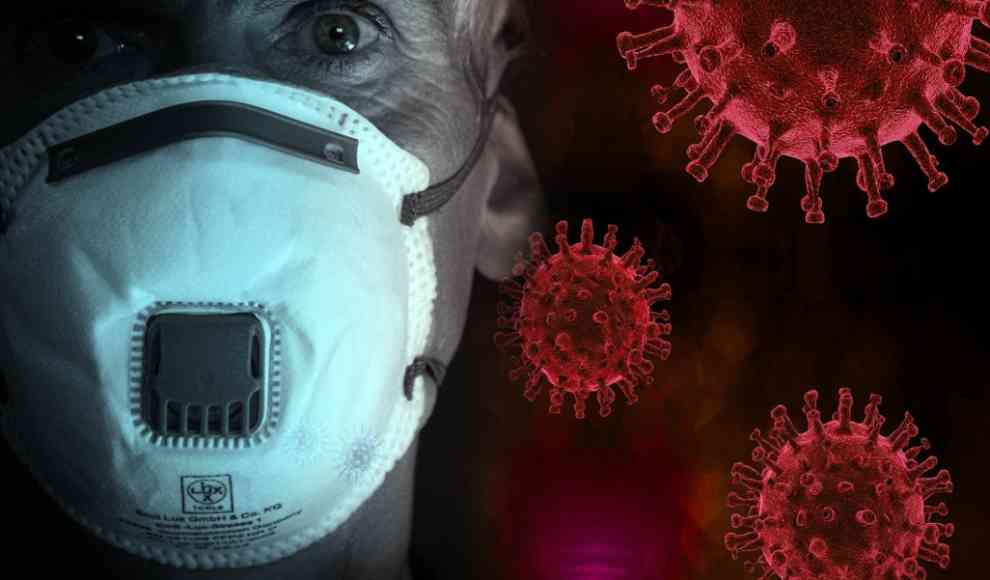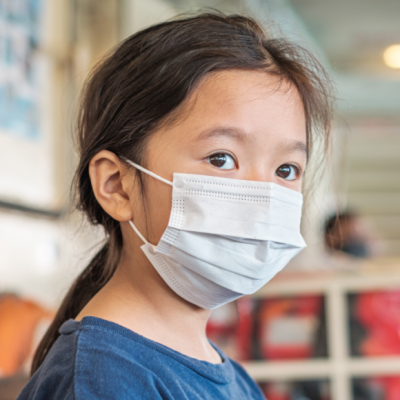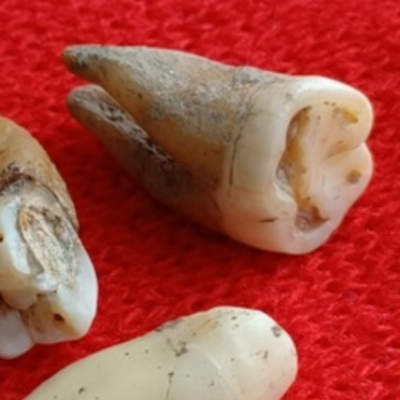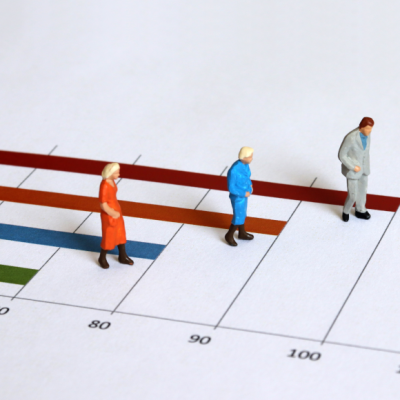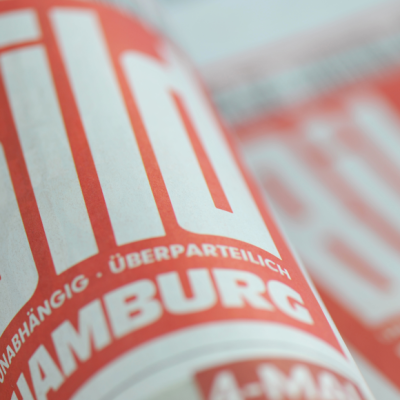A new study conducted by the Tropeninstitut (Department of Infectious and Tropical Medicine) at the LMU Klinikum Munich, in collaboration with various project partners, has revealed that 3.3% of Munich’s population has been infected with SARS-CoV-2. The study, called “prospective COVID-19 cohort Munich (KoCo19),” aims to determine the actual number of SARS-CoV-2 infections in the Bavarian capital. The first round of the study, which took place from April 5 to June 10, 2020, found that 1.7% of people had developed antibodies, indicating that the actual number of infections was four times higher than previously thought. The mortality rate of SARS-CoV-2-infected individuals during this period was 0.47%, which is significantly higher than that of seasonal flu.
In the second round of the study, which involved sending self-blood collection kits to participants, the researchers received a total of 4,250 blood samples by December 9, 2020. The interim results of the second round, published in a PDF document, showed that the infection rate had doubled to 3.3% by November, indicating a significant increase in just six months. The study also found that people who tested positive for antibodies in the first round still had them in their blood several months later, suggesting that the concentration of antibodies decreases slowly after infection. However, it is still unclear whether the presence of antibodies actually provides immunity.
These findings are consistent with a recent French study that found the mortality rate for COVID-19 to be three times higher than that of the flu. The study highlights the need for continued efforts to control the spread of the virus and develop effective treatments and vaccines.


